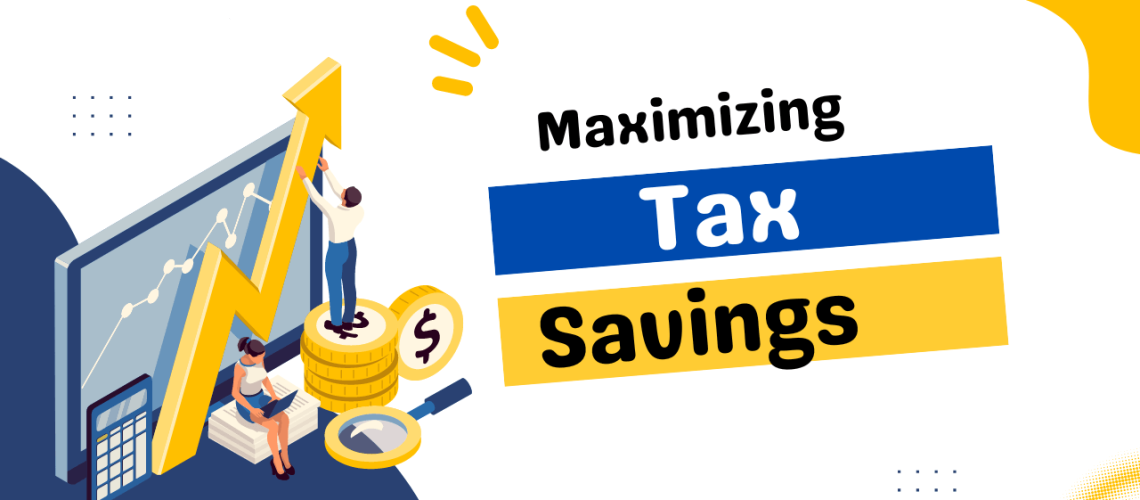
05 Dec Maximizing Tax Savings: Essential Strategies for Businesses and Individuals
Tax season can be stressful, but with proper planning, you can minimize your tax burden and maximize your savings. Whether you’re an individual filer or a business owner, understanding key tax strategies can help you keep more of your hard-earned money
1. Take Advantage of Tax Deductions
Tax deductions reduce your taxable income, which can lower your overall tax bill. Some common deductions include:
- Business expenses – Office supplies, software, advertising, and rent.
- Home office deduction – If you work from home, you may qualify.
- Medical expenses – If medical costs exceed a certain percentage of your income, they may be deductible.
- Charitable contributions – Donations to eligible charities can be deducted.
2. Utilize Tax Credits
Unlike deductions, tax credits directly reduce the amount of taxes you owe. Some valuable credits include:
- Earned Income Tax Credit (EITC) – For low- to moderate-income workers.
- Child Tax Credit – If you have dependents, you may qualify.
- Education credits – The Lifetime Learning Credit and American Opportunity Tax Credit can help cover education costs.
- Energy-efficient home credits – Upgrading your home with solar panels or energy-efficient appliances can lead to tax savings.
3. Maximize Retirement Contributions
Contributing to tax-advantaged retirement accounts, such as a 401(k) or IRA, can lower your taxable income. Self-employed individuals can also benefit from SEP-IRAs and Solo 401(k)s.
4. Plan for Estimated Taxes
If you’re self-employed or own a business, making quarterly estimated tax payments can help you avoid penalties and manage cash flow effectively.
5. Consider Business Tax Strategies
For business owners, tax planning is crucial. Some strategies include:
- Choosing the right business structure – LLCs, S-Corps, and C-Corps have different tax implications.
- Deducting business travel and meals – Business-related travel and meals can often be deducted.
- Deferring income – Pushing income into the next tax year can help manage tax liabilities.
6. Stay Updated on Tax Law Changes
Tax laws change frequently, and staying informed can help you take advantage of new deductions and credits. Consulting with a tax professional ensures compliance and maximizes savings.

